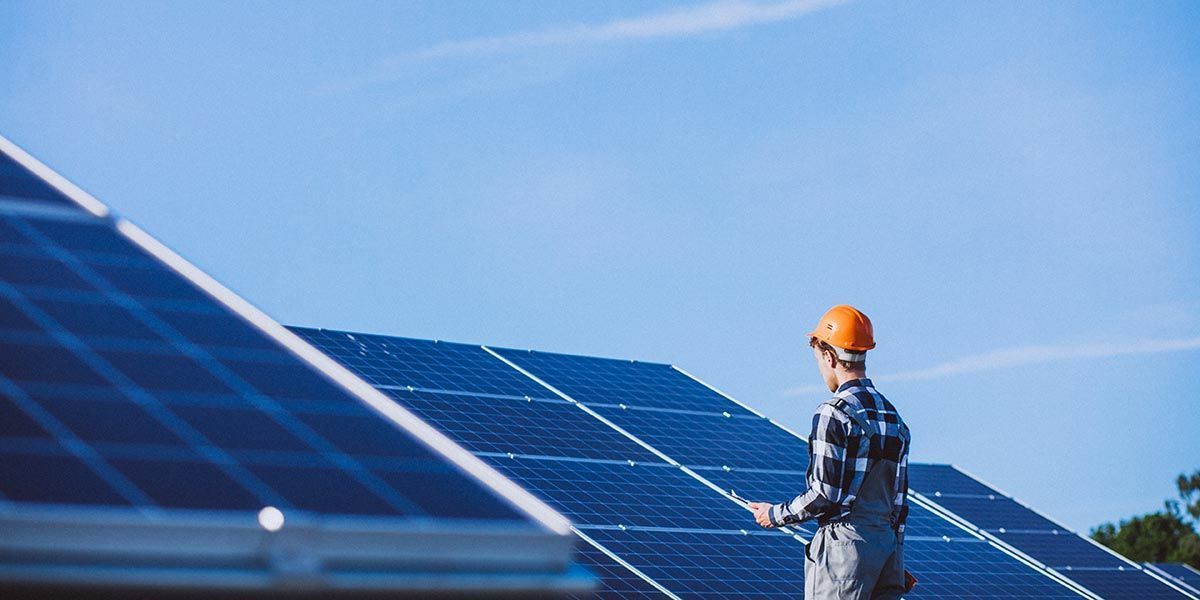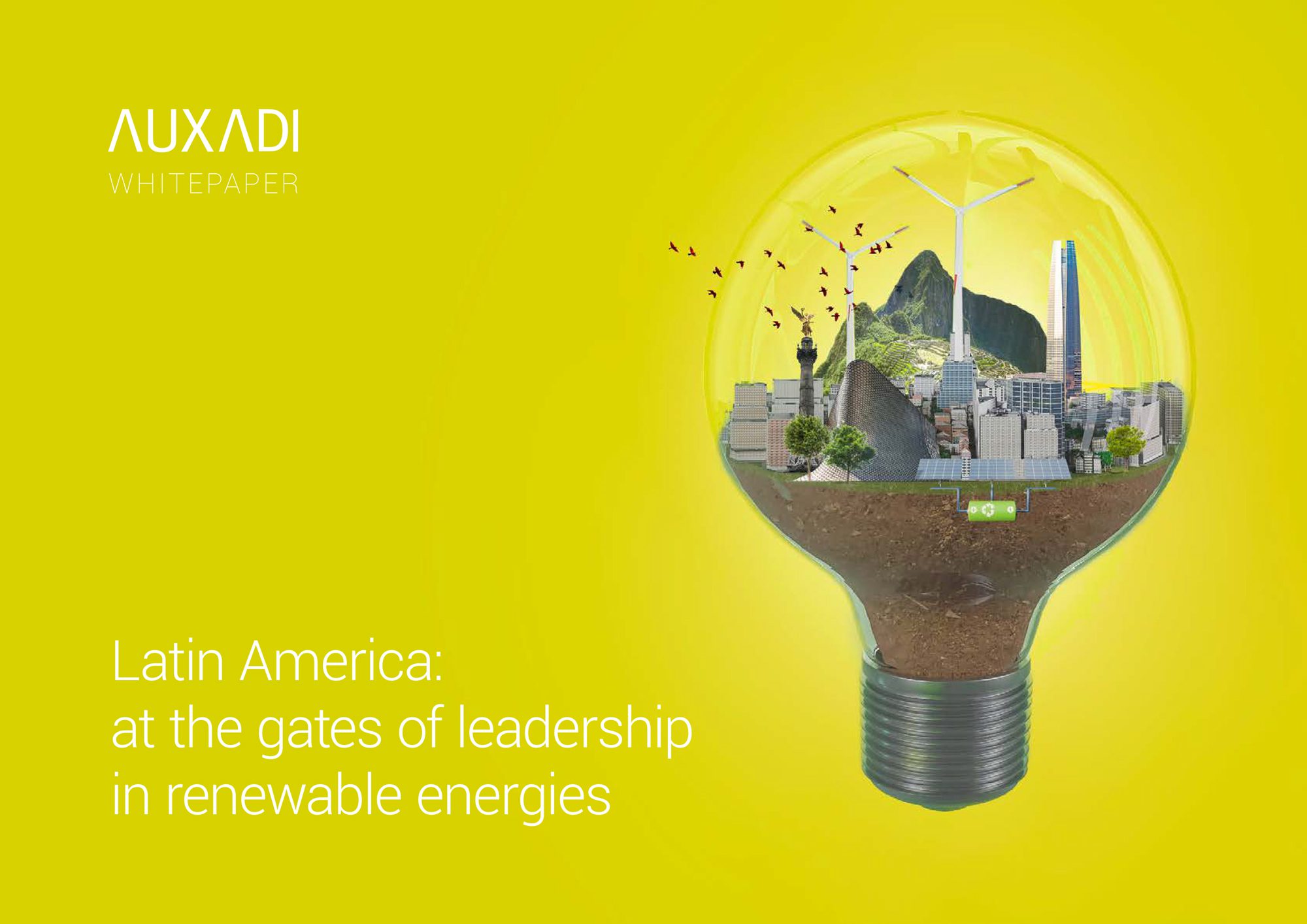Colombia is ranked 25th in the World Economic Forum’s Energy Transition Index, occupying the second position in Latin America. The country is currently immersed in the National Development Plan 2018-2022, which includes measures to reduce the dependence on traditional forms of energy. This plan also includes an objective for instituting a competitive tax environment, although the work in this field began some time ago.
LEGAL FRAMEWORK
On May 13, 2014, Law 1715 established the general framework in Colombia to achieve the development and greater use of non- conventional energy sources, mainly those of a renewable nature. Similarly, efforts were made to integrate renewables into the Colombian energy system through the electricity market, participation in non-interconnected areas, and other energy uses as a necessary mean for sustainable economic development, reduction of greenhouse gas emissions and security of energy supply.
TAX BENEFITS
Law 1715 of 2014 established tax incentives for taxpayers who generate renewable energy for sale or self-consumption, including:
- A special deduction, equal to 50% of the amount of investments in renewable or efficient energy (even for investments made through financial leases with non- revocable purchase options). These investments can include, for example, research and technological development activities, preliminary formulation, financing, economic and environmental studies, acquisition of equipment, elements, machinery and assemblage. The value to be deducted for this may not exceed 50% of the taxpayer’s liquid income, determined before subtracting the value of the investment.
- Accelerated depreciation of assets (limited to an annual rate of 20%).
- An exclusion of VAT on certain goods and services.
- An exemption from customs duties for goods not manufactured locally.
Subsequently, Law 1955 of 2019 established that taxpayers may claim the special deduction over a period of 15 years, starting in the tax year after the project begins to operate. This increased the benefit initially granted, since, the deduction previously could be claimed for just five years.
In addition, Law 1955 and Legislative Decree 2106 of 2019 authorized the Colombian National Energy Authority (UPME) to certify that investments are eligible for the incentives. Previously, environmental authorities also had to certify investments in renewable or efficient energy projects.
However, on June 10 , 2020, Decree 829 was issued, which gives a greater scope to the benefits, and establishing the requirements and approvals by the regulatory bodies in the same way.
The scope of the incentives is as follows:
- Investments that qualify as renewable energy investments have been expanded to include plant expansion activities and process improvements.
- The required legal studies have been added to the list of activities that are valid investments.
- Included within the concept of efficient energies, and subject to the benefit of the special deduction, are project examples such as the change from fossil fuels to renewable energies in the transport sector, or the substitution of traditional fuels with biofuels in the industrial sector.
- With respect to VAT once the taxpayer receives certification from the UPME, the exclusion of VAT will apply at the time the goods are imported, as well as when local purchases are made. When the certification is issued after the importation of goods or the acquisition of local goods and services, the updated regulations allow the investor to request a refund of the VAT paid.
It is worth noting that, before granting these tax benefits, the tax administration and the environmental regulatory bodies must establish:
- Payment of a fee to the UPME in order to assess that the investments are eligible for the incentives, at the time they are submitted for certification.
- If the project has the potential to produce energy of more than 1 MW, the taxpayer must register the project with the UPME in the energy project registry before the taxpayer submits the application for the tax incentives.
- The UPME will issue a resolution that establishes the procedure for claiming the incentives within three months from the date the decree becomes effective (June 10, 2020).
- Verification by the tax authorities that the holders of financial leasing contracts exercise the purchase option at the end of the contract.
- Project assets are not sold before their useful life is completed.
- In case the taxpayer does not meet all the legal requirements for the deduction incentive, a recapture of the incentive is recognized in the tax return.
In Auxadi we are experts in providing value added services in accounting, finance, tax compliance, payroll management and technology, being a strategic partner of your business. If you need to expand on what we have stated here, please do not hesitate to contact us.
All information contained in this publication is up to date on 2021. This content has been prepared for general guidance on matters of interest only, and does not constitute professional advice. You should not act upon the information contained in this chart without obtaining specific professional advice. No representation or warranty (express or implied) is given as to the accuracy or completeness of the information contained in this content, and, to the extent permitted by law, AUXADI does not accept or assume any liability, responsibility or duty of care for any consequences of you or anyone else acting, or refraining to act, in reliance on the information contained in this chart or for any decision based on it.





